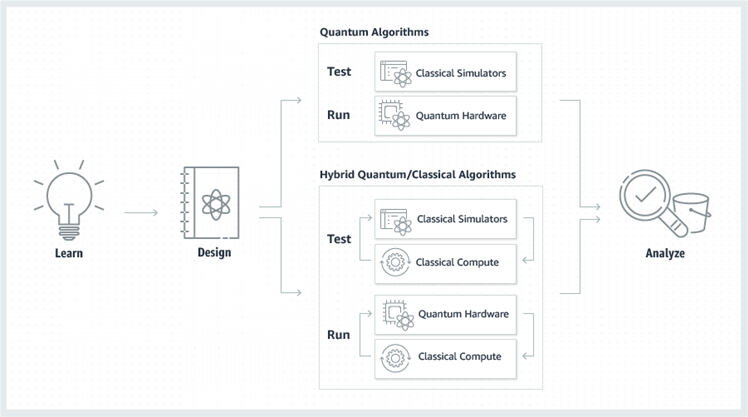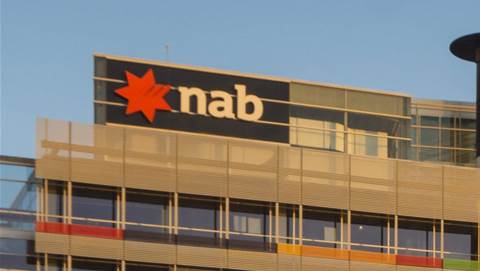Amazon Web Services has teamed up with three vendors to set up a quantum computing preview, allowing users to test their algorithms on different types of hardware.

Called Braket after the bra-ket notation for quantum states, the service provides access to hardware form Rigetti, IonQ and D-Wave.
This gives AWS customers access to gate-based and quantum annealing superconducting cubits from Rigetti and D-Wave respectively, as well as ion-trap quantum computers from IonQ.
AWS provides cross-platform tools in the single Braket environment, including fully-managed Jupyter notebooks, an open source development application that lets users create and share documents that contain live code, equations, visualisations and narrative text.
To get started quickly, users have a choice of Jupyter notebooks with pre-installed developer tools, sample algorithms and tutorials.
Braket supports hybrid quantum and classical algorithms that can be used to create iterative systems to mitigate errors inherent in today's quantum computing.
Results from Braket simulations are stored in AWS' S3 storage service, with resource utilisation being turned off when jobs complete.
Apart from quantum system simulations, AWS envisages Braket could be used to explore solving of optimisation problems in industries such as financial services and logistics, and machine learning.
Boeing is an early adopter of Braket, and is experimenting with quantum computing to solve problems around fundamental materials science, complex system optimisation and secure communications, the airplane manufacturer's general manager of disruptive computing and networks Charles Toups said at the AWS Re:Invent developer meet in Las Vegas.
AWS has also teamed up with 1Qbit, Rahko, Rigetti, QCWare QSimulate, Xanadu and Zapata to form the collaborative Amazon Quantum Solutions Lab to help discover new applications and to find ways to deploy quantum computing within organisations.



_(28).jpg&h=140&w=231&c=1&s=0)

_(23).jpg&h=140&w=231&c=1&s=0)





 iTnews Benchmark Awards 2026
iTnews Benchmark Awards 2026
 iTnews Executive Retreat - Security Leaders Edition
iTnews Executive Retreat - Security Leaders Edition
 iTnews Cloud Covered Breakfast Summit
iTnews Cloud Covered Breakfast Summit
 The 2026 iAwards
The 2026 iAwards












_(1).jpg&h=140&w=231&c=1&s=0)



